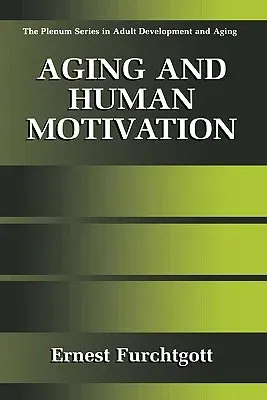Ernest Furchtgott
(Author)Aging and Human Motivation (1999)Hardcover - 1999, 31 October 1999

Qty
1
Turbo
Ships in 2 - 3 days
In Stock
Free Delivery
Cash on Delivery
15 Days
Free Returns
Secure Checkout

Part of Series
The Springer Adult Development and Aging
Part of Series
Topics in Applied Chemistry
Part of Series
Plenum Series in Adult Development and Aging
Part of Series
Plenum Series in Adult Development and Aging
Part of Series
Springer Series in Adult Development and Aging
Part of Series
Plenum Series in Adult Development and Aging Plenum Series i
Print Length
396 pages
Language
English
Publisher
Springer
Date Published
31 Oct 1999
ISBN-10
0306460742
ISBN-13
9780306460746
Description
Product Details
Author:
Book Edition:
1999
Book Format:
Hardcover
Country of Origin:
US
Date Published:
31 October 1999
Dimensions:
23.39 x
15.6 x
2.39 cm
ISBN-10:
0306460742
ISBN-13:
9780306460746
Language:
English
Location:
New York, NY
Pages:
396
Publisher:
Series:
Weight:
752.96 gm